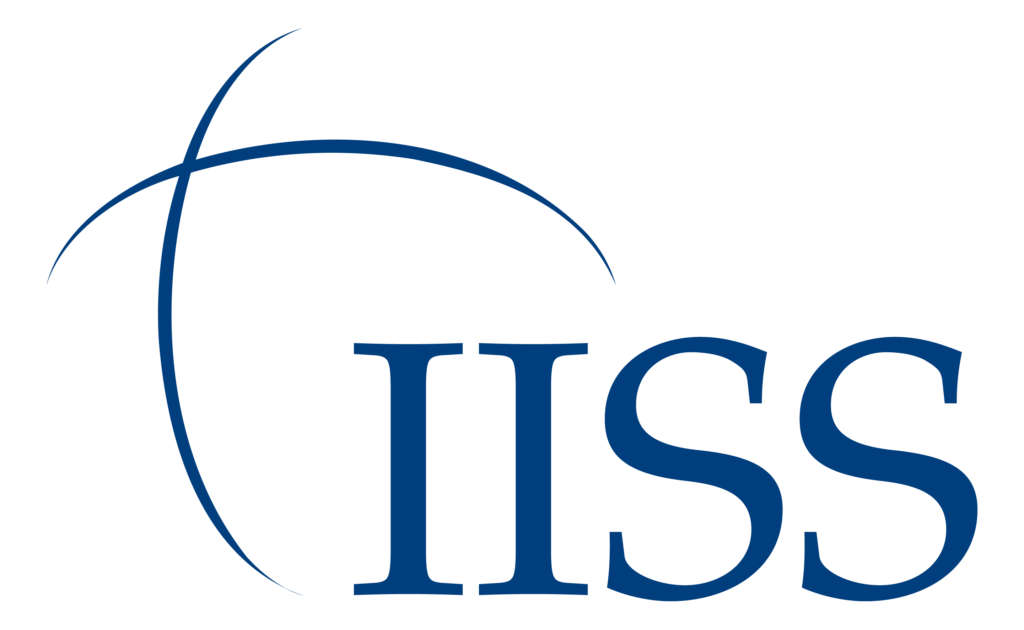Manama – A team of experts at International Institution for Strategic Studies (IISS) published a report about Missile-Defense Cooperation in the Gulf which contributes to the ongoing policy debate on Middle Eastern collective security.
Toby Dodge, consulting Senior Fellow at the IISS, said at the launch of the report that the struggles in Syria or Yemen are a good place for Iran to test its missiles.
Dodge confirmed that if Iran used its ballistic missiles against the gulf, it won’t be the only one, in reference to U.S. and allies.
The report examines the development of Iran’s missile capabilities over several decades, parallel efforts to counter the threat they pose by Gulf Arab states and the broader evolution of security structures in the region.
Dodge said that the best to stop Iran from launching its missiles is to impose more sanctions on its ballistic missile program. He called upon the Gulf Arab states to establish a defense system to stop any missile attack from Iran.
The Senior Fellow expects Iran to increase its purchasing of missiles after the nuclear agreement. He praised military agreements among Gulf States like the Peninsula Shield Force.
He pointed out that President Obama’s administration wanted to get out of the region and the costly wars which led Iran to invest more.
The seminar was presented by IISS Middle East CEO John Jenkins. He said that everyone is waiting for to see who will be the new U.S. president which will reposition U.S.’s place in the region regardless of the results.
Michael Elliman, consulting Senior Fellow at the IISS and Missile Defense expert, estimated the GCC will need 55 Patriot and possibly six Terminal High Altitude Area Defense (THAAD) technologies. He suggested that integration of both systems are effective in facing any threat posed by Iran’s ballistic missiles.
Elliman gave his lecture at IISS in Bahrain where he said that Iran is the source of missiles in Yemen. He suggested that the Gulf States better have a defense mechanism because it is easy to stop two or three missiles, but it won’t be as such when 20 or 30 missiles are launched at once.
The report pointed that Iran owns missiles of over 2,000 meters range, with error of 50 to 70 meters, which could be used in attacking towns or military regions.
